Get in touch
555-555-5555
mymail@mailservice.com
Reverse Mortgages in Big Bend, WI: Everything you need to know!
Reverse Mortgage Big Bend WI: What You Need to Know
As we approach retirement, many Big Bend, WI homeowners are looking for ways to stay financially stable and enjoy the home they’ve worked so hard for. One of those options is a reverse mortgage, a financial tool that allows seniors to tap into the equity in their home without monthly mortgage payments. The FHA's Home Equity Conversion Mortgage (HECM) is a popular reverse mortgage program that allows seniors to access their home equity while remaining in their homes. If you’re thinking about this or just want to learn more about how it works, here’s a guide to reverse mortgages for Big Bend homeowners.
What is a Home Equity Conversion Mortgage?
A reverse mortgage is a loan for homeowners 62 or older that allows them to turn some of the equity in their home into cash. The most common type of reverse mortgage is the HECM reverse mortgage, which is insured by the Federal Housing Administration (FHA) and designed for homeowners aged 62 and older. Unlike a traditional mortgage where you make payments to the lender, with a reverse mortgage the lender pays you. The loan is repaid when the homeowner sells the home, moves out or passes away, usually from the proceeds of the home sale.
How does it work?
Here’s a quick summary:
- Eligibility: You must be 62 or older, have equity in your home and live in the home as your primary residence.
- Loan Amount: The amount you can borrow is based on several factors, your home’s value, your age and current interest rates. The older you are and the more equity you have the more you can typically borrow.
- Funds: You can receive the funds in several ways, a lump sum, monthly payments, a line of credit or a combination of these. The flexibility of reverse mortgages makes them a useful tool for different financial needs.
- Repayment: You don’t make monthly payments on a reverse mortgage. Instead the loan is repaid when the home is sold or no longer used as the primary residence. The proceeds from the sale usually cover the loan balance and any remaining equity goes to the homeowner or their heirs. FHA mortgage insurance protects both the lender and the borrower by ensuring that any unpaid balance exceeding the home's sale proceeds is covered, preventing borrowers from going upside down on their loans.
- Ownership: You still own your home with a reverse mortgage. You are responsible for maintaining the property, paying property taxes and keeping up with homeowner’s insurance just like with any other home loan.
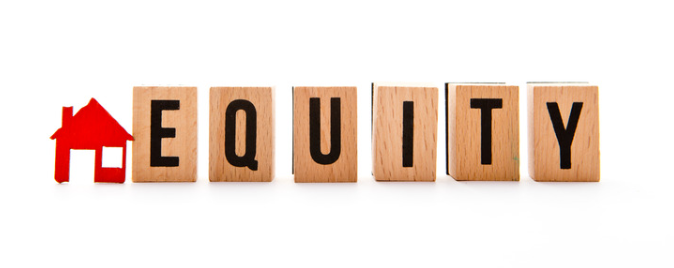
Types of Reverse Mortgage Loans
There are several types of reverse mortgage loans available to homeowners. The most common type is the Home Equity Conversion Mortgage (HECM), which is insured by the Federal Housing Administration (FHA). HECMs are designed for homeowners aged 62 and older, allowing them to access a portion of their home’s equity. This type of reverse mortgage is popular due to its flexibility and government backing, providing peace of mind to borrowers.
In addition to HECMs, there are proprietary reverse mortgages, which are offered by private lenders. These loans are typically geared towards homeowners with higher-valued properties and can provide larger loan amounts than HECMs. Lastly, single-purpose reverse mortgages are issued by state or local governments or nonprofits. These loans are usually for specific purposes, such as home repairs or property taxes, and often come with lower costs and fees.
Eligibility and Requirements
To be eligible for a reverse mortgage loan, homeowners must meet certain requirements. The primary borrower must be at least 62 years old, and the home must be their primary residence. Additionally, homeowners must either own the home outright or have a low balance on their primary mortgage. This ensures that there is enough equity in the home to qualify for the loan.
Another crucial requirement is participating in a counseling session with a HUD-approved reverse mortgage counselor. This session is designed to help homeowners understand the benefits and risks of a reverse mortgage, ensuring they make an informed decision. The counselor will discuss the financial implications, alternative options, and the responsibilities that come with a reverse mortgage.
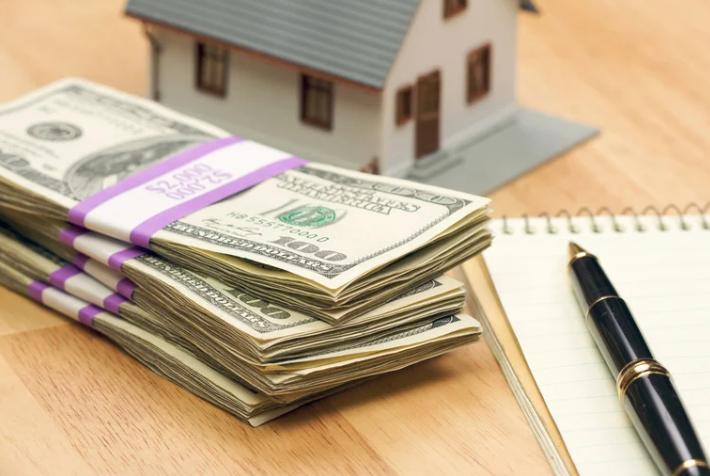
Reverse Mortgage Benefits in Big Bend, WI
Living in Big Bend is a peaceful, small town community perfect for retirement. If you want to stay in your home and enjoy the equity you’ve built over the years a reverse mortgage can provide:
- Supplement Your Retirement Income: Reverse mortgages can help supplement retirement income, cover daily living expenses, medical costs or home improvements without having to tap into savings or investments. One reverse mortgage benefit is the Life Expectancy Set Aside (LESA) requirement, which allocates a portion of the loan for necessary expenses like property taxes and insurance, preventing defaults.
- No Monthly Mortgage Payments: One of the biggest benefits of a reverse mortgage is you don’t have to make monthly mortgage payments. This can take the financial pressure off of keeping up with payments on a fixed income.
- Stay in Your Home: Many Big Bend homeowners love their homes and want to stay in them throughout retirement. A reverse mortgage allows you to stay in your home and access its equity.
- Tax-Free Income: The funds from a reverse mortgage are usually tax-free since they are considered a loan advance and not income. This can be a big advantage when planning your financial strategy.
- Protection for Heirs: Reverse mortgages are non-recourse loans, if the home sells for less than the loan balance your heirs won’t be responsible for the difference. The home itself is the only collateral for the loan, so your family will have peace of mind.
Costs and Fees
Reverse mortgage loans come with various costs and fees that homeowners should be aware of. One of the primary costs is the mortgage insurance premium, which is typically 2% of the loan amount and is paid upfront. This insurance protects both the borrower and the lender by ensuring that the loan will be repaid even if the home’s value decreases.
Origination fees are another cost to consider, ranging from 2% to 5% of the loan amount. These fees cover the lender’s expenses in processing the loan. Additionally, there are servicing fees, which can range from $25 to $35 per month, covering the ongoing administrative costs of managing the loan.
Homeowners should also consider the interest rate on their loan, which can vary depending on the lender and the type of loan. It’s important to compare different reverse mortgage lenders to find the best terms and rates.
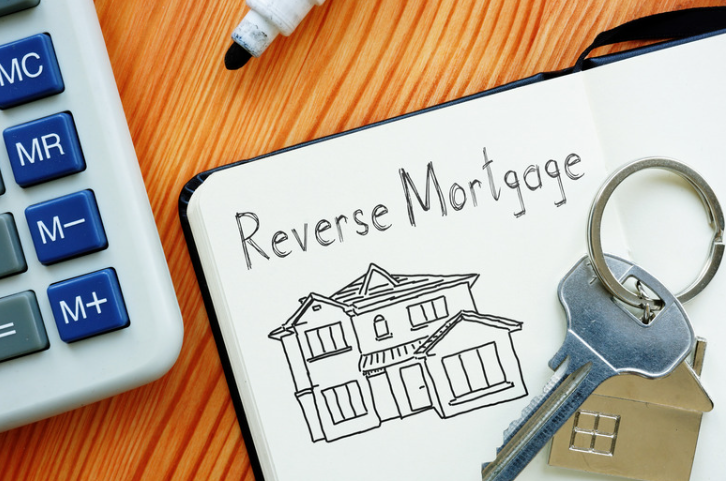
Who Should Get a Reverse Mortgage?
A reverse mortgage isn’t for everyone, but it can be a good fit for those who:
- Want to stay in their home long-term: If you plan to stay in your home for several years a reverse mortgage can provide financial relief and stability without having to sell the property.
- A reverse mortgage lender can provide financial support to homeowners aged 62 and older through loans that utilize their home's equity, helping with expenses like retirement income, home repairs, and medical costs.
- Have significant equity: If you’ve paid off your mortgage or have a lot of equity in your home you can access a lot of cash through a reverse mortgage.
- Need extra income in retirement: For seniors with limited retirement savings or fixed income a reverse mortgage can be a useful tool to cover expenses and improve your quality of life without having to sell the family home.
Considerations
Before getting a reverse mortgage consider:
- Costs and Fees: Reverse mortgages have higher upfront costs such as origination fees, mortgage insurance premiums and closing costs. Make sure you understand these costs and weigh them against the benefits.
- Impact on Heirs: While your heirs won’t have to pay the loan out of pocket they will have to sell the home or pay off the loan balance if they want to keep the property.
- Maintenance and Responsibilities: As a reverse mortgage holder you’re still responsible for maintaining your home and paying property taxes and insurance. If you don’t you could default on the loan.
It's important to understand that a reverse mortgage comes with a rising loan balance, as the total amount owed increases over time due to compounded interest and fees.
Repayment and Cancellation
One of the key features of reverse mortgage loans is that they do not require monthly mortgage payments. However, homeowners are still responsible for paying property taxes and homeowners insurance. The loan balance grows over time, as interest is added to the loan balance each month.
Homeowners can repay the loan at any time, but they are not required to do so until they no longer live in the home. This typically occurs when the homeowner sells the home, moves out, or passes away. If homeowners want to cancel their reverse mortgage loan, they can do so within three days of signing the loan documents. This is known as the right of rescission. After the three-day period, homeowners can still cancel the loan, but they may be required to pay a fee.
Alternatives to Reverse Mortgages
While reverse mortgages can be a useful tool for homeowners, they may not be the best option for everyone. Homeowners may want to consider alternative options, such as home equity loans or lines of credit. These options allow homeowners to access a portion of their home’s equity, but they require monthly payments, which may not be ideal for those on a fixed income.
Government-backed loans, such as VA loans or USDA loans, offer more favorable terms than traditional mortgages and can be a good alternative for eligible homeowners. These loans often come with lower interest rates and more flexible repayment options.
Private mortgage insurance (PMI) is another option that homeowners may want to consider. PMI can provide additional protection for lenders and borrowers, making it easier to qualify for a loan and potentially securing better terms.
By exploring these alternatives, homeowners can find the best financial solution for their unique needs and circumstances.
Get a Reverse Mortgage from Reverse Mortgage Lenders?
A reverse mortgage can be a great tool for the right homeowner but it’s not for everyone. If you’re considering this option, contact a mortgage professional who specializes in reverse mortgages. As a reverse mortgage expert with many years of experience helping homeowners with reverse mortgages I, Dennis Kahn, can help you through the process and determine if it’s right for you.
Big Bend, WI seniors a reverse mortgage can give you the freedom to enjoy retirement without the monthly mortgage payments. By tapping into the equity in your home you can have cash to cover expenses, make home improvements or just improve your quality of life. Upon the sale of the property, any excess reverse mortgage proceeds can be returned to the borrower or their estate, emphasizing the loan's non-recourse nature.
Contact me if you have questions or want to see how a reverse mortgage can work for you. I’ll help you make the right decision for yourself.
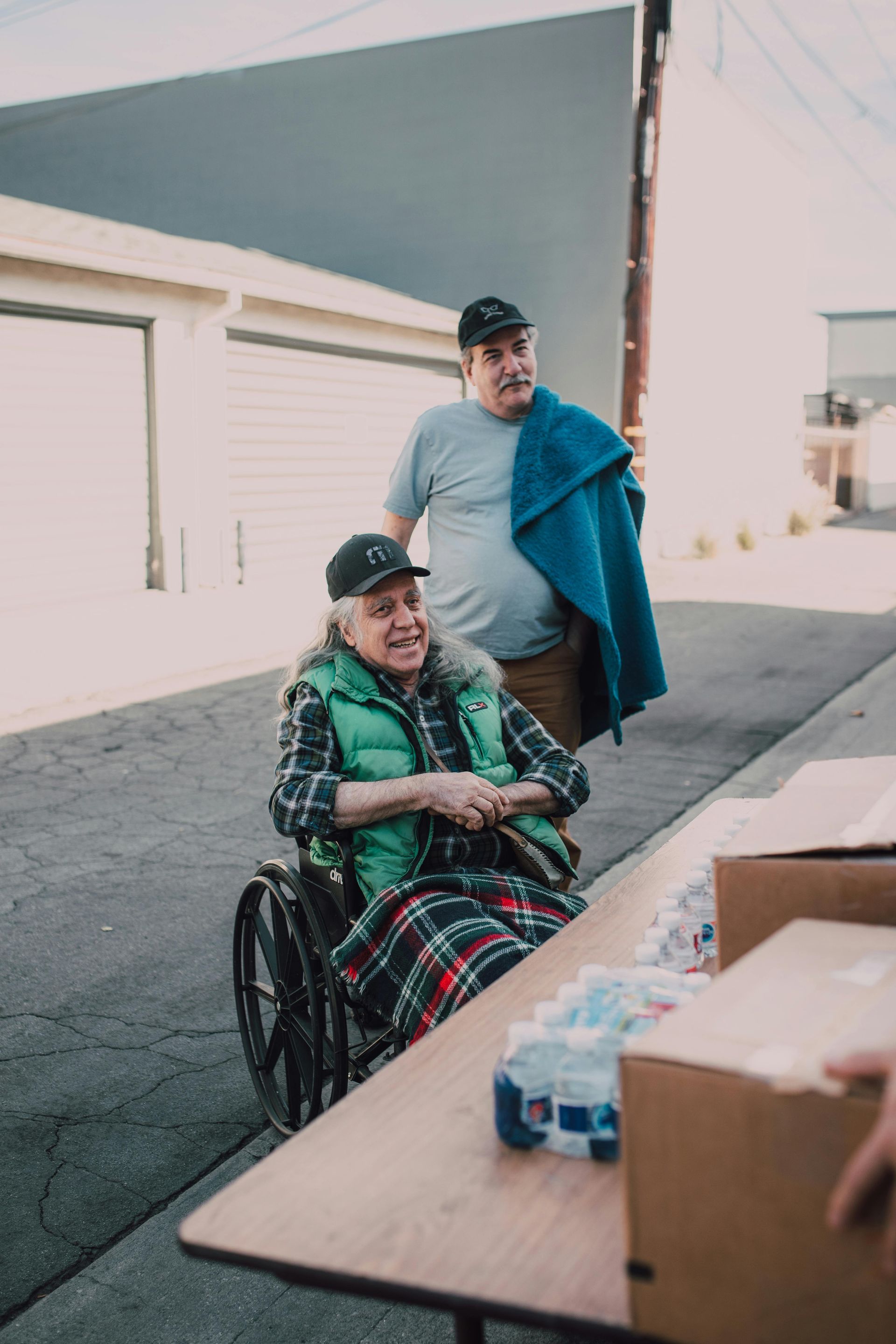

Office
2301 Sun Valley Dr #204, Delafield, WI 53018
Email us
dennis@tbhmortgage.com
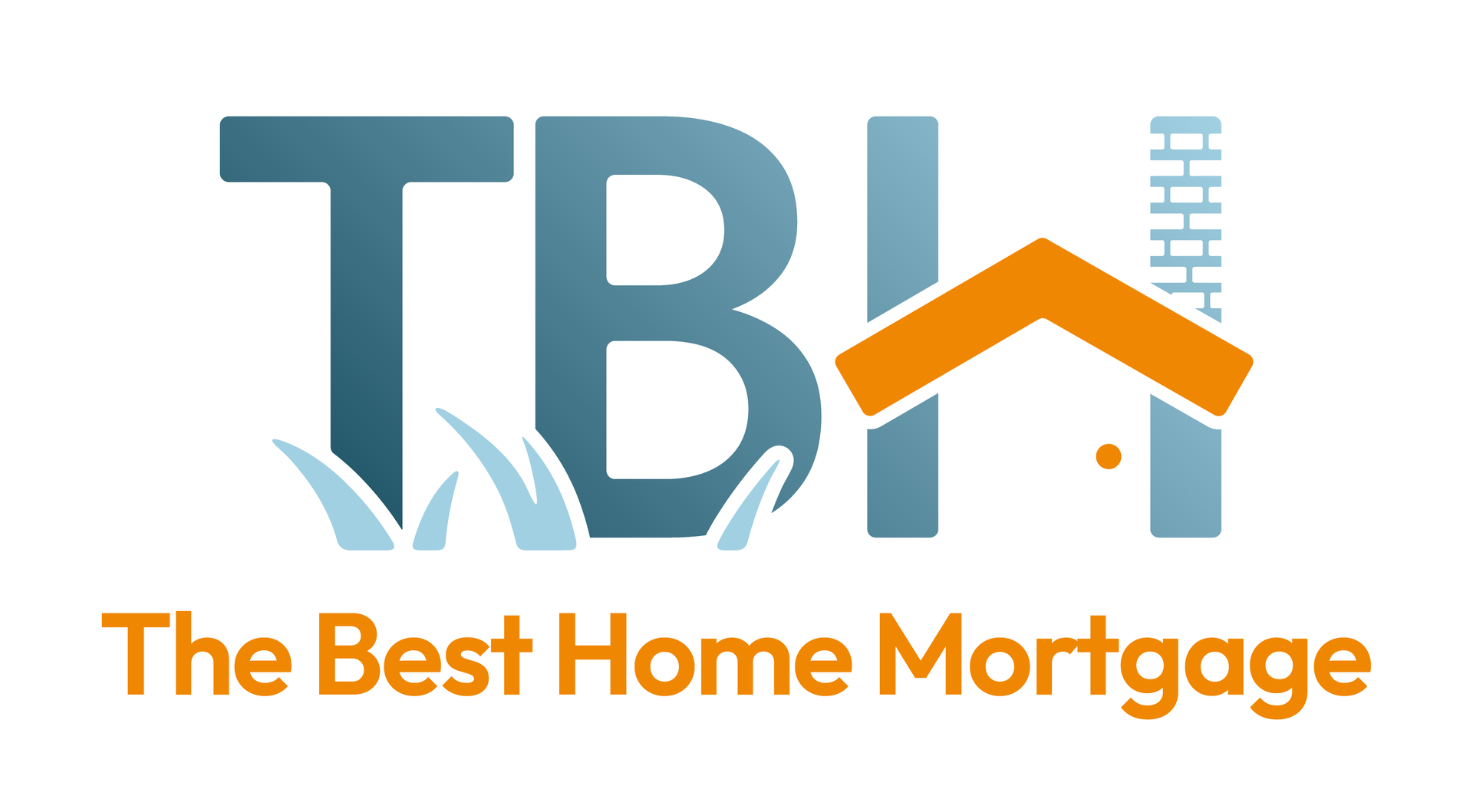
The Best Home Mortgage dba TBH Mortgage NMLS #2692437
Dennis Kahn, NMLS #259354
Equal Housing Opportunity Lender. Figures deemed reliable, but errors may occur. Rates and terms subject to change without notice. This is not an offer to make a loan or to make a loan on any particular terms. All loan applicants must qualify under the underwriting requirements and satisfy all contingencies of loan approval.
Copyright ©2025 The Best Home Mortgage dba TBH Mortgage. All Rights Reserved.
An
AgencyNext production
nmlsconsumeraccess.org
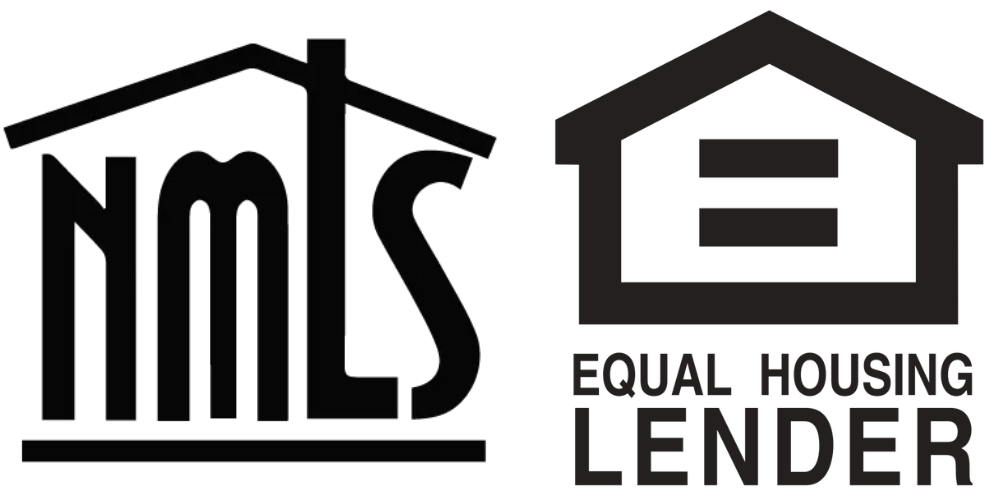
Privacy | Legal Disclaimer | An Equal Housing Lender | All Rights Reserved
Site Accessibility
Communication Opt Out
Disclosures and Licenses
Terms of Use
Security and Privacy
Email and Text Policy
Do Not Sell My Prsonal Information